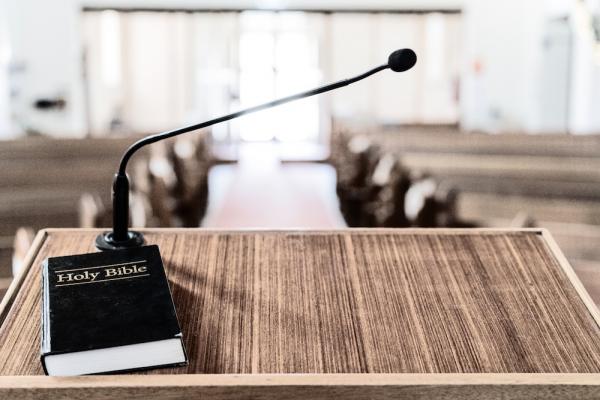Jan 28, 2020
“If you stand up to sexual abuse, you must remain standing,” Susan Codone recently told me. She’d said the same thing on Twitter in response to news that Paige Patterson, former president of Southwestern Baptist Theological Seminary, was slated to preach at the “Great Commission Weekend” at a church in Immokalee, Fla. Patterson was fired from SWBTS in 2018 after trustees learned that he planned to meet privately with a rape survivor because, “I have to break her down and I may need no official types there.”
Read the Full Article

Already a subscriber? Login
